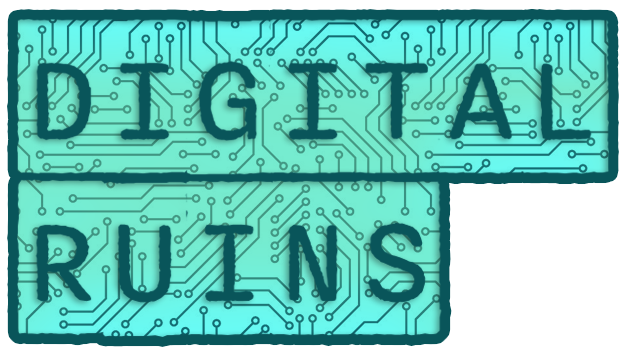As a kid I was fascinated by Carl Sagan. Not only was he a great science communicator but he was instrumental in my own journey as a critical thinker with his Baloney Detection Kit. In honor of him I have my own, modern day kit.
These are the steps I myself follow:
- Verify sources independently
Look for multiple credible sources that confirm a claim, especially from reputable tech sites (e.g., Ars Technica, Wired, TechCrunch). Avoid relying on a single, obscure website. - Check for expert consensus
Look for opinions or evaluations from multiple tech experts. Follow trusted voices in the tech community—developers, researchers, or engineers with proven credentials. Avoid echo chambers that reinforce biased perspectives. - Question authority figures or influencers
Just because a tech CEO or influencer endorses a product doesn’t mean it’s valid. Investigate their vested interests, paid endorsements, or potential biases. - Consider alternative explanations
If someone claims a new technology will “revolutionize everything” (e.g., blockchain, AI), ask: are there more practical or mundane explanations for its potential? Don’t fall for hype cycles without considering real-world limitations. - Don’t get too attached to trends or buzzwords
If a technology is hyped as the future (e.g., “Metaverse” or “Web3”), be open to the idea that it might not pan out as promised. The history of tech is full of “next big things” that failed (Google Glass, QR codes in early years). - Look for quantifiable, testable data
If a claim about a product or tech breakthrough is made, ask for benchmarks, statistics, or measurable performance data. Is the improvement or change they tout measurable? - Spot logical inconsistencies or vague language
Tech marketing often uses jargon like “synergize,” “disruptive,” or “innovative” without concrete evidence. Be wary of vague claims that can’t be backed up with specifics. - Beware of overly complex explanations (Occam’s Razor)
If a tech solution or product seems overly complicated or convoluted, it might not be the best answer. Simpler, well-documented technologies often outperform flashy, complex alternatives. - Examine claims for testability and falsifiability
If a tech product or system promises to “do everything” (e.g., AI tools, smart home systems), ask how it can be tested or what evidence exists to prove it can fail. Claims like “never crashes” or “100% secure” should raise red flags. - Be skeptical of “too good to be true” promises
Be wary of tech claims that promise instant fixes or dramatic, fast results (e.g., “Boost your internet speed 10x!” or “AI that writes perfect code for you”). Real innovation typically involves incremental improvements, not miracle solutions. - Check for user reviews and long-term tests
Look for unbiased user feedback on platforms like Reddit, GitHub, or Trustpilot, especially from those who have used the product over time. Early reviews or corporate testimonials can be misleading. - Watch out for deepfakes and manipulated content
With advancements in AI, verify the authenticity of videos, images, or audio that make extraordinary claims. Tools like reverse image search can help. - Be cautious with “free” products and services
If a tech service is free, consider how the company is making money. Are they collecting your data? Selling ads? “Free” is often a red flag for hidden costs. - Scrutinize privacy policies and data collection practices
Always check how apps and services handle your data. Claims of privacy or security should be backed up by transparency in terms of how your data is stored, used, and protected. - Beware of phishing and scams disguised as tech support
Avoid clicking suspicious links, even if they appear to be from legitimate tech companies. Double-check URLs, verify emails, and never share personal information unless you’re 100% sure of the source. - Be aware of your own biases
Acknowledge that your preferences, experiences, or loyalties to certain brands or technologies (e.g., being an Apple fan, preferring open-source software) can cloud your judgment. Strive to evaluate claims objectively and recognize when confirmation bias might be influencing your views.
Following this won’t be a 100% cure all and make you immune from being lied to. But its a good start! Remain skeptical friends!


Leave a Reply